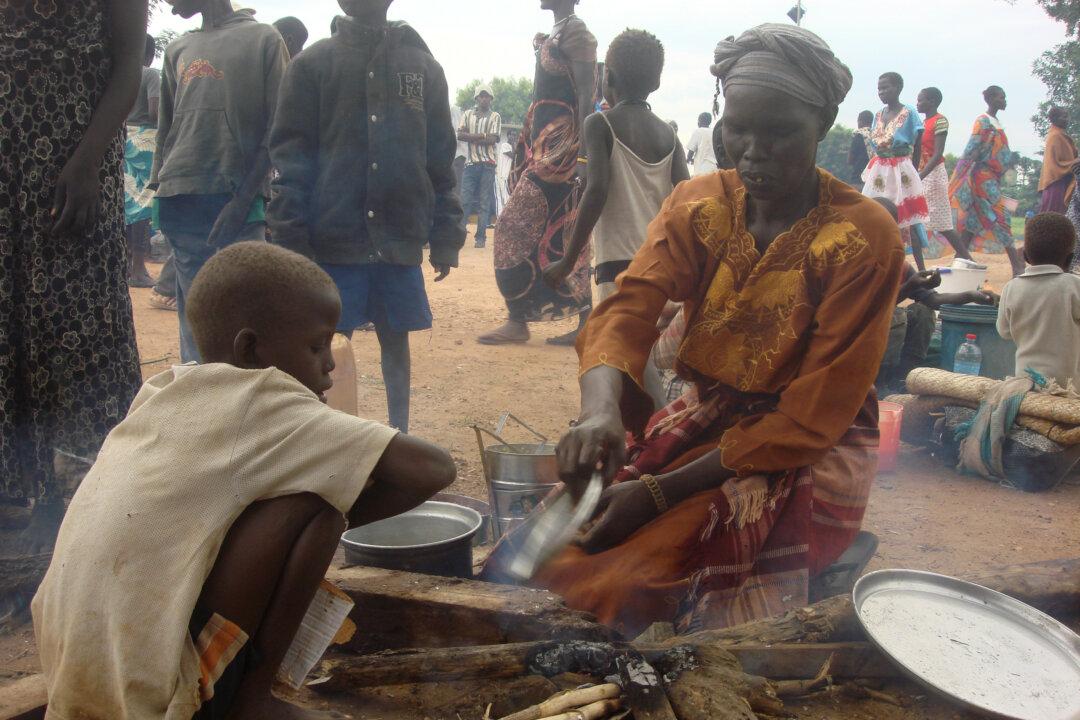As Hassan Rouhani, Iran’s new president, called on renewed dialogue to deal with the uranium enrichment program, there are concerns that his approach will not be met by the United States. Should that occur, another important opportunity will have been missed with Iran, increasing the chances of confrontation with that country. “If you seek a suitable answer, speak to Iran through the language of respect, not through the language of sanctions,” he said.
In that regard, his naming of Mohammad Javad Zarif as his foreign minister suggests the new president’s intention to break the 34-year stalemate between the Islamic Republic and the United States government. As stated in the memoirs of former U.N. envoy Giandomenico Picco, Zarif was involved in negotiations to win the release of U.S. hostages held by pro-Iranian gunmen in Lebanon.
As a graduate of the University of Denver in international law and policy, Zarif has a close view of the U.S. position in the confrontation with his country. His academic credentials are impeccable, and he has written extensively on human rights, international law, and regional conflicts. Although he must still be confirmed by the Iranian Parliament in a vote of confidence, his selection already sounds a promising note. As stated by Flynt Leverett, an Iran expert and author of “Going to Tehran,” “It shows that Iran is serious.”
So far, sanctions have hurt not only the Iranian government but the Iranian people as well. According to Kenneth Katzman, author of a congressional research service report titled “Iran Sanctions,” sanctions on Iran have considerably harmed the country’s economy but has also led to some unintended consequences, such as a shortage of some state-of-the-art Western medicines.
According to Katzman, Iran’s oil exports have declined to about 1.25 million barrels, which represent 50 percent less than the amount exported by Iran in 2011. This dramatic reduction is expected to deprive the Iranian government of over $50 million in revenue for all of 2013.
An International Monetary Fund (IMF) global report from April 2013 states that Iran’s economy has shrank 1.9 percent from March 2012 to March 2013, and will probably shrink a bit less during the subsequent one-year period. Sanctions have provoked the country’s first gross domestic product contraction in two decades.
As a result of the lost revenues from oil, and Iran’s isolation from the international banking system, the rial, Iran’s currency, has dropped significantly in value and caused a steep increase in inflation. Only following Rouhani’s election has the rial gained back some value.
The currency collapse has led to a depletion of its hard currency reserves, since hard currency is needed to support the value of the rial. Some experts estimate that the reserves probably fell below $90 billion at the end of 2012. At the same time, inflation has reached a rate of 45 percent in late July 2013 and industrial production, particularly that dependent on foreign imports, has been curtailed.
Paradoxically, sanctions have led to a significant increase in the volume of bilateral trade between Iran and China and increased the latter country’s sphere of influence. In addition, some experts argue that sanctions may benefit Iran in the long run, since they compelled the country to diversify its economy and reduce its dependence on oil revenues. As a result, the new 2013–-2014 budget relies more on the country’s exports of minerals, cement, urea fertilizer, and other basic industrial goods.
The White House sounded a promising note by stating, “Should this new government choose to engage substantially and seriously to meet its international obligations and find a peaceful solution to this issue it will find a willing partner in the United States.” This statement, however, didn’t find an echo in a group of U.S. senators.
In a letter addressed to President Barak Obama, 76 U.S. senators wrote, “But until we see a significant slowdown of Iran’s nuclear activities, we believe our nation must toughen sanctions and reinforce the credibility of our option to use military force at the same time as we fully explore a diplomatic solution to our dispute with Iran.”
This statement, coming shortly after the election of Hassan Rouhani, widely considered as a moderate among Iranian leaders, is at best unfortunate and at worst plainly deplorable.
Dr. César Chelala, a co-winner of an Overseas Press Club of America award, is the foreign correspondent for The Middle East Times International (Australia).




